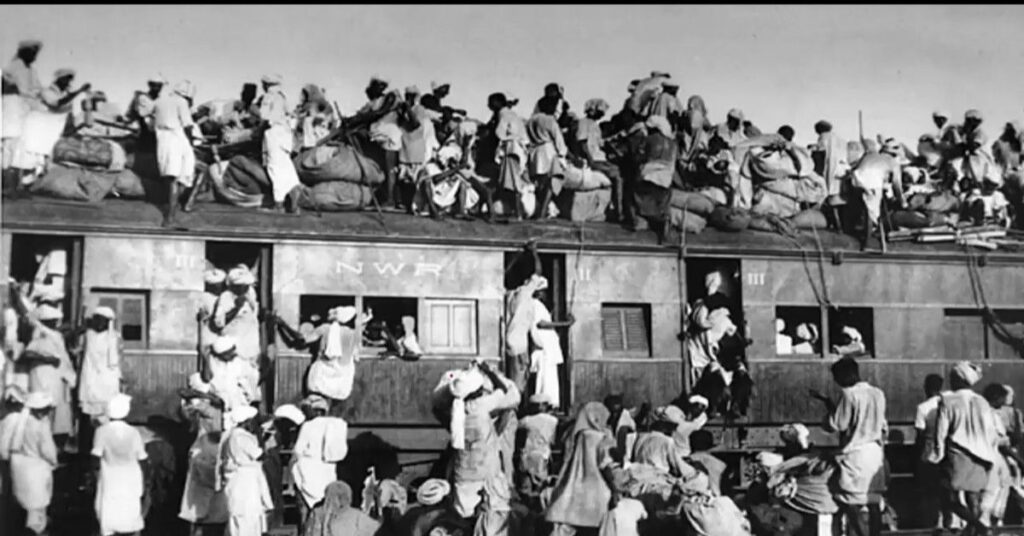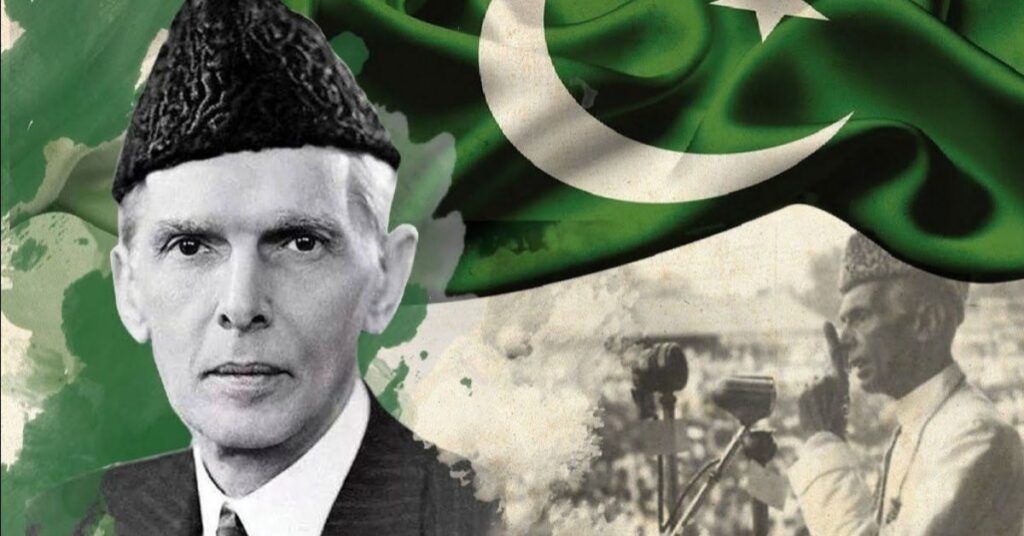Quaid-e-Azam, also known as Muhammad Ali Jinnah, was the founder of Pakistan and a symbol of resilience and leadership. His struggle for independence was not just a political movement but a fight for the rights and freedom of Muslims in the Indian subcontinent. Understanding his journey is essential to appreciate the foundation of Pakistan’s existence.
Many of us know Quaid-e-Azam as a national hero but don’t truly understand the hardships he faced to achieve independence. His struggle was filled with challenges like opposition from British rulers and resistance from powerful political groups. Without knowing this history, we miss the true value of the freedom we enjoy today.
Quaid-e-Azam’s journey is a story of bravery, determination, and unshakable faith in his vision for Pakistan. From the early days of his political career to the creation of a new nation, his efforts are nothing short of inspiring. Keep reading to explore the timeline of his incredible struggle and discover how he turned a dream into reality.
Who Was Quaid-e-Azam? A Brief Overview of the Visionary Leader

Quaid-e-Azam, Muhammad Ali Jinnah, was the founder of Pakistan. He was born on December 25, 1876, in Karachi. Jinnah was a brilliant lawyer and a great leader. He worked hard to give Muslims a separate homeland where they could live freely. His vision, honesty, and determination made him a hero for millions.
Jinnah led the struggle for Pakistan through peaceful efforts and strong speeches. He united Muslims under the All-India Muslim League and fought for their rights. On August 14, 1947, his dream came true when Pakistan became independent. Quaid-e-Azam is remembered as a brave and wise leader who changed history.
You may also read this Blog: The Comprehensive Guide to Artificial Intelligence and Its Impact on Everyday Life
The Early Days: Quaid-e-Azam’s Political Awakening
Quaid-e-Azam, Muhammad Ali Jinnah, started his political journey as a young lawyer. He joined the Indian National Congress in 1906 to fight for freedom from British rule. He believed in working together with all communities for justice and equality. However, he saw that Muslims needed a strong voice to protect their rights.
In 1913, Jinnah joined the All-India Muslim League. He wanted to give Muslims a platform to express their needs. He worked hard to bring unity among Muslims and fought for their rights peacefully. These early steps shaped his vision and prepared him to lead the struggle for Pakistan’s independence later on.
The Role of Quaid-e-Azam in the All-India Muslim League
Quaid-e-Azam joined the All-India Muslim League in 1913. He wanted to protect the rights of Muslims in India. He worked hard to unite Muslims who were treated unfairly by the British and other groups. Jinnah became a strong leader and gave Muslims hope for a better future.
As president of the Muslim League, he led the demand for a separate homeland. He explained why Muslims needed their own country where they could follow their culture and religion freely. His efforts brought millions of Muslims together. With his leadership, the Muslim League became the voice of the people, and Pakistan was created in 1947.
Major Challenges Faced During the Struggle for Independence
The struggle for independence was not easy for Quaid-e-Azam and the Muslims. They faced strong opposition from the British rulers who did not want to lose power. The Indian National Congress also resisted the idea of a separate country for Muslims. Many leaders made false promises to keep Muslims under control.
Quaid-e-Azam had to unite Muslims who were scattered and had little support. There were not enough resources, and many people were scared of the future. Despite these problems, Jinnah never gave up. His strong determination and wise leadership helped Muslims overcome these challenges and achieve their dream of Pakistan in 1947.
Key Events Leading to the Creation of Pakistan

The journey to Pakistan began with the demand for Muslim rights. In 1906, the All-India Muslim League was formed to protect Muslims. Quaid-e-Azam joined the League in 1913 and worked for unity. The Lucknow Pact of 1916 was an agreement between Muslims and Hindus to work together, but it did not last long.
In 1940, the Lahore Resolution was passed, calling for a separate country for Muslims. Quaid-e-Azam led talks with the British and Congress for freedom. After years of struggle, the British agreed to divide India. On August 14, 1947, Pakistan became independent, giving Muslims their own homeland, thanks to Jinnah’s leadership.
Why Quaid-e-Azam Remains a Beacon of Hope for Every Pakistani
Quaid-e-Azam is a hero for all Pakistanis. He showed courage, honesty, and hard work in leading the country to independence. He taught people to stay united and work for justice. His life proves that one person can make a big difference if they have strong faith and determination.
Even today, Quaid-e-Azam inspires Pakistanis to never give up. His words guide people to live with dignity and follow the law. He wanted Pakistan to be a place of peace, equality, and progress. His vision and efforts remind everyone that challenges can be overcome with leadership and unity. He is truly a beacon of hope.
FAQ’s
Who was Quaid-e-Azam?
Quaid-e-Azam, Muhammad Ali Jinnah, was the founder of Pakistan and a key leader in the movement for Indian independence. He worked to secure a separate homeland for Muslims in South Asia.
What were Quaid-e-Azam’s major achievements?
Quaid-e-Azam’s major achievements include leading the demand for Pakistan’s creation, uniting Muslims under the All-India Muslim League, and becoming the first Governor-General of Pakistan.
Why is Quaid-e-Azam important for Pakistan?
Quaid-e-Azam is important for Pakistan because he fought for the rights of Muslims and created the country, ensuring they could live freely and practice their religion.
What was the Lahore Resolution?
The Lahore Resolution, passed in 1940, called for the creation of a separate nation for Muslims in India, which eventually led to the founding of Pakistan.
What lessons can we learn from Quaid-e-Azam’s life?
Quaid-e-Azam’s life teaches us the values of hard work, leadership, unity, and determination. His focus on justice and equality continues to inspire Pakistanis today.
Conclusion
Quaid-e-Azam, Muhammad Ali Jinnah, is a true symbol of leadership, determination, and vision. His unwavering commitment to the rights of Muslims and his struggle for Pakistan’s creation has left a lasting legacy. Jinnah’s dedication to justice and equality continues to inspire generations, reminding us that great achievements come with hard work and unity.
Pakistan’s independence is a direct result of his efforts. Quaid-e-Azam’s life is a shining example of how one person can change the course of history. His leadership guides Pakistan forward, urging citizens to stay united and work towards a prosperous future. His role in shaping Pakistan will always be remembered and celebrated.clusion.







